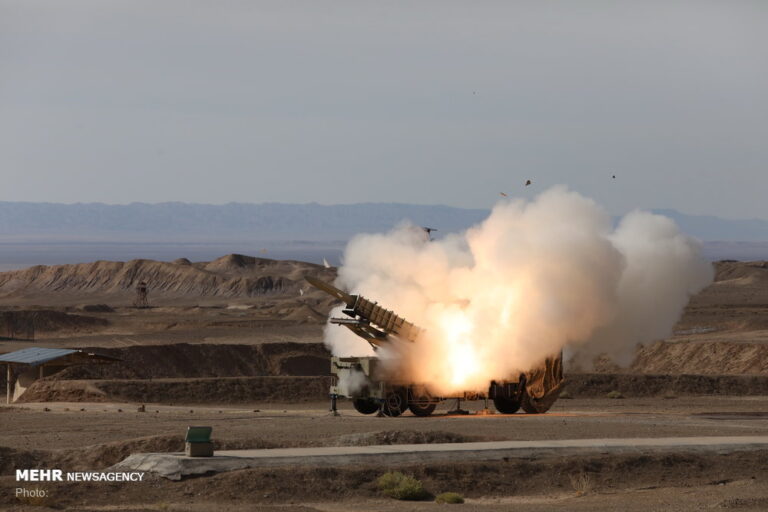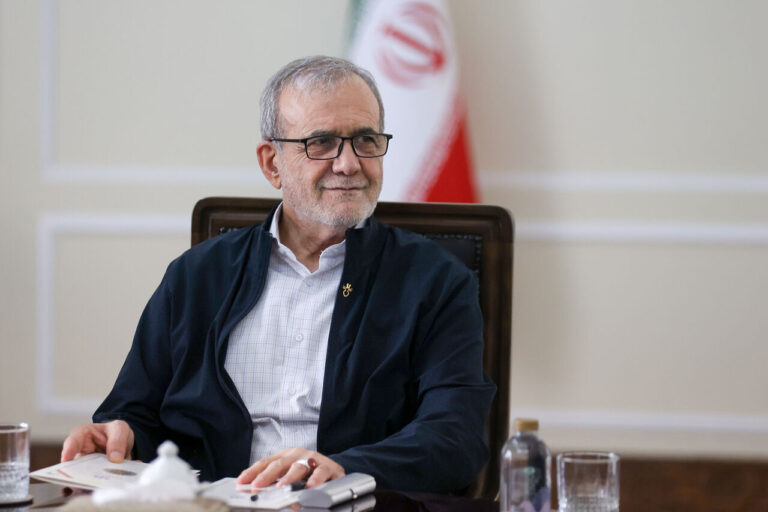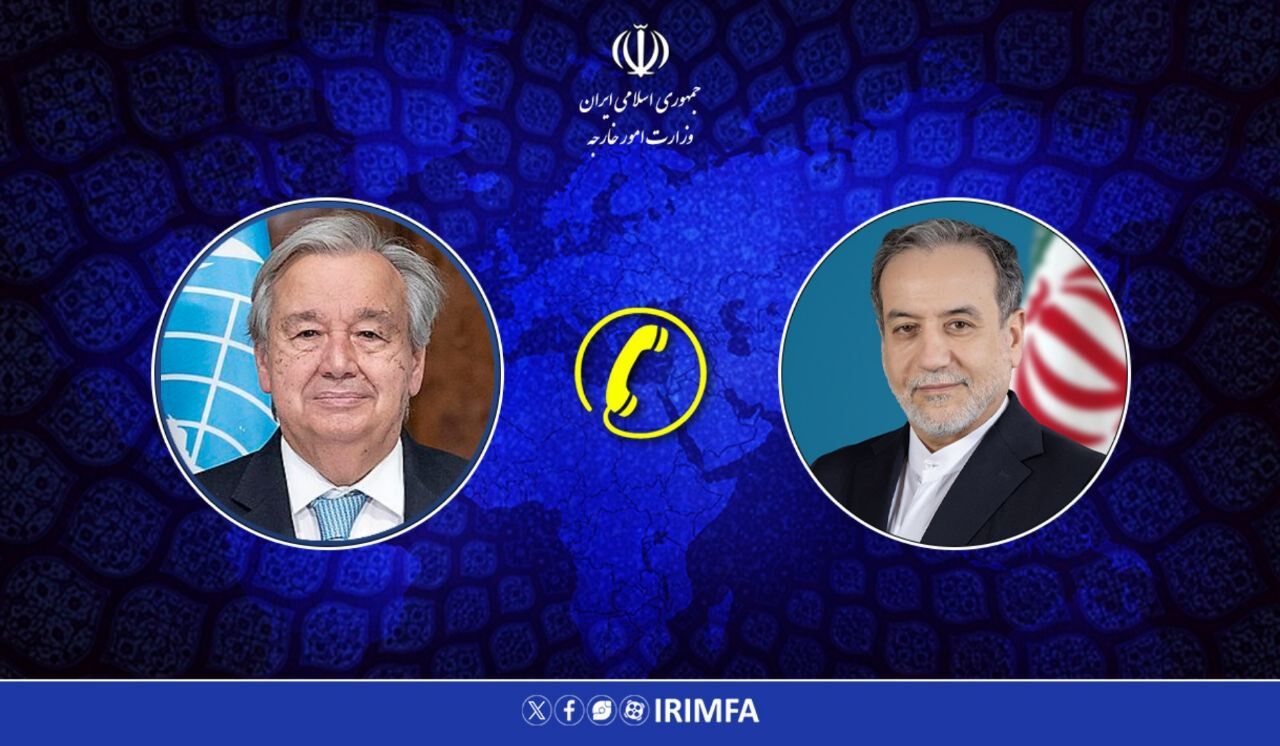
Similar Posts
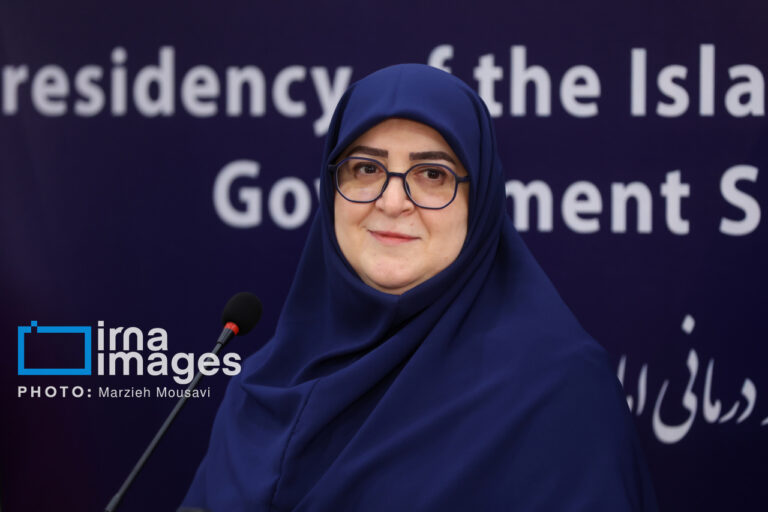
Persian Gulf: A Cornerstone of Iran’s Rich Historical Identity, Says Administration Spokesperson
Iranian administration spokesperson Fatemeh Mohajerani defended the term “Persian Gulf,” emphasizing its historical significance to Iran amidst reports of a potential name change suggested by the U.S. She expressed concerns on her X account about a U.S. initiative to alter the name, stating it undermines Iran’s identity. Mohajerani insisted that attempts to change the name would not provoke Iranian citizens but would diminish the credibility of those proposing it. Foreign Minister Abbas Araqchi condemned the initiative as politically motivated, viewing it as a reflection of hostile intentions toward Iran. The discussions highlight the Persian Gulf’s historical importance in international relations.
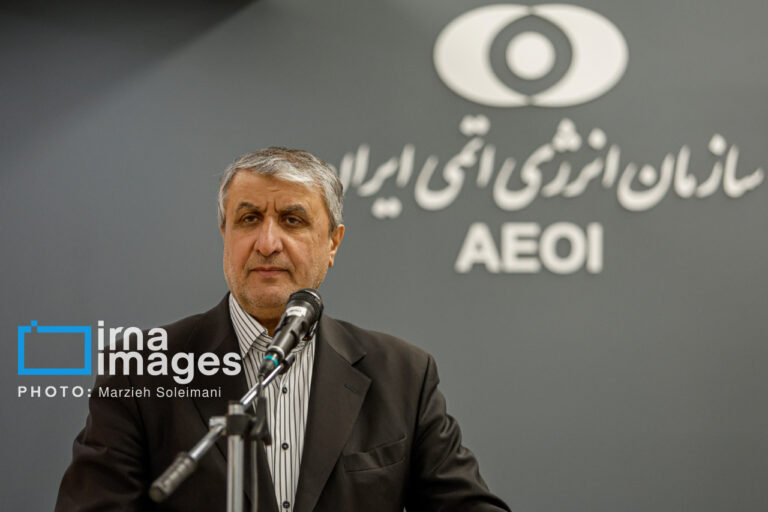
Iran Boosts Confidence with Commitment to Nuclear Program Transparency
Tehran’s nuclear activities remain a focal point of international scrutiny, with officials asserting their transparency and adherence to regulations. Mohammad Eslami, head of the Atomic Energy Organization of Iran (AEOI), emphasized Iran’s cooperation with the International Atomic Energy Agency (IAEA) during a recent meeting in Tehran. He reiterated that Iran does not consider nuclear weapons part of its defense strategy and views criticisms of its nuclear advancements as politically motivated. Notably, the IAEA conducted over 450 inspections of Iran’s facilities in 2024, highlighting Iran’s significant monitoring amidst its relatively small nuclear capacity.
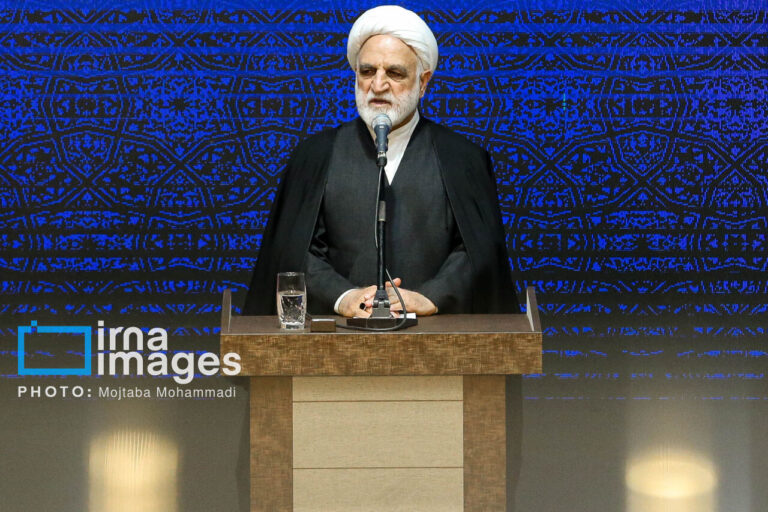
Iran’s Judiciary Chief Declares: Islamic Revolution Shatters the Grandeur of Arrogant Powers
Iran’s Judiciary Chief, Gholam-Hossein Mohseni-Ejei, recently underscored the lasting strength of the Islamic Republic, asserting that the Islamic Revolution has reduced the influence of foreign powers over the past 40 years. During a visit to Imam Khomeini’s mausoleum, he emphasized the nation’s sovereignty and the failure of adversaries to disrupt Iran’s progress. Mohseni-Ejei pointed out that external attempts to undermine the Islamic Republic have largely failed, and he noted the resilience of the Iranian people in defending their revolution. His remarks reflect a broader commitment to the values established by Iran’s late founder during the 46th anniversary celebrations of the revolution.

Ensuring a Secure Iran-Pakistan Border: Combatting Insecurity and Terrorism Together
During a press conference in Tehran, Iranian President Mohammad Pezeshkian and Pakistani Prime Minister Muhammad Shehbaz Sharif emphasized the importance of securing their shared border to combat terrorism and criminal activities. Pezeshkian called for free, secure borders and welcomed peace initiatives, particularly a ceasefire between Pakistan and India, stressing dialogue for sustainable development. Both leaders also affirmed solidarity with Palestine and condemned Israeli actions in Gaza. Sharif expressed unwavering support for Iran’s nuclear program and aimed to boost bilateral trade to $10 billion. The discussions marked a commitment to regional stability, security, and enhanced economic collaboration.
